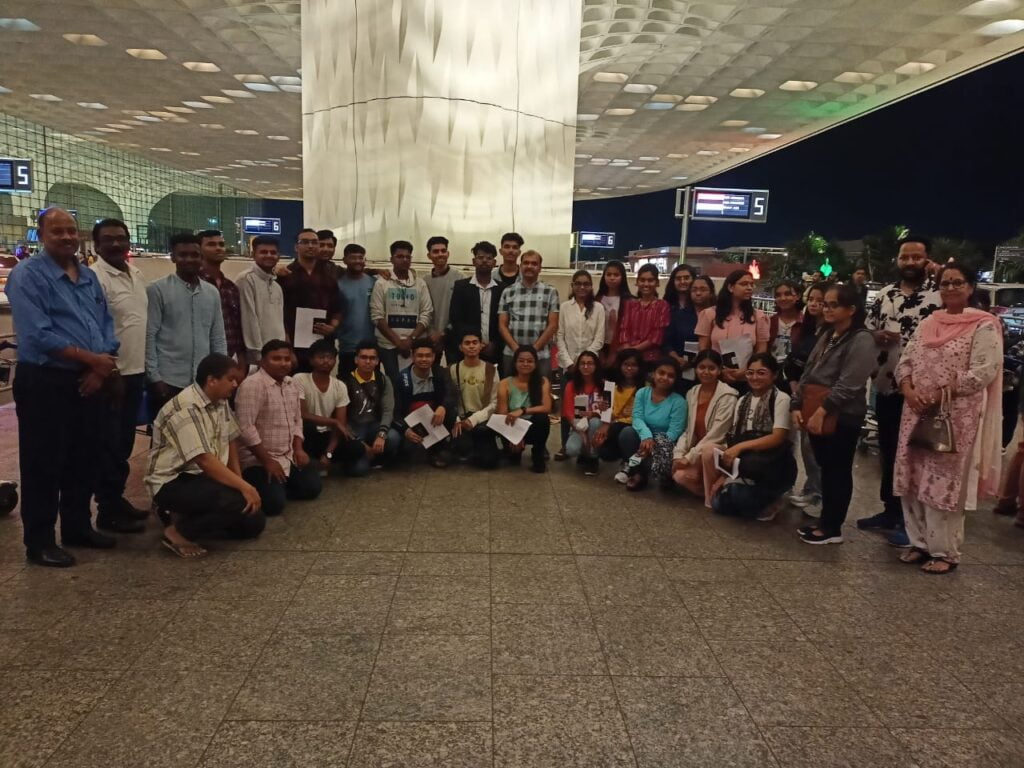Best and Affordable Medical Universities Abroad for Indian Students Pursuing an MBBS degree abroad has…
The Best Ways to Adapt to the Cultural Differences When Studying MBBS in Philippines without NEET
![]()
The Best Ways to Adapt to the Cultural Differences When Studying MBBS in the Philippines without NEET
 Navigating Cultural Differences: A Guide to Studying MBBS in the Philippines without NEET
Navigating Cultural Differences: A Guide to Studying MBBS in the Philippines without NEET
Introduction: Studying medicine abroad can be an exciting and rewarding experience, offering a wealth of opportunities for personal and professional growth. The Philippines has emerged as a popular destination for international students aspiring to pursue an MBBS (Bachelor of Medicine, Bachelor of Surgery) degree without the NEET (National Eligibility cum Entrance Test) requirement. However, embarking on this educational journey requires an understanding of the cultural differences that await you. In this blog post, we will explore the best ways to adapt to the cultural nuances when studying MBBS in the Philippines without NEET.
- Embrace Cultural Diversity: The Philippines is a melting pot of diverse cultures and traditions, and it’s essential to embrace this diversity. Engage with local customs, learn about traditional celebrations, and immerse yourself in the vibrant Filipino culture. By appreciating and respecting the differences, you can develop meaningful connections with your peers, faculty, and the local community.
- Learn the Local Language: While English is widely spoken in the Philippines, making communication easier for international students, learning the local language, Tagalog, or other regional dialects can greatly enhance your experience. It shows your willingness to engage with the local culture and opens doors to deeper connections with locals. Consider taking language classes or using language learning apps to develop your language skills.
- Seek Cultural Integration Programs: Many universities and colleges in the Philippines offer cultural integration programs for international students. These programs aim to facilitate cross-cultural understanding and provide opportunities for cultural exchange. Participating in such initiatives can help you build relationships with local students, gain insights into Filipino traditions, and foster a sense of belonging.
- Adapt to the Educational System: The Philippine education system may differ from what you are accustomed to in your home country. Be prepared to adapt to new teaching methods, evaluation systems, and learning styles. Engage actively in class discussions, seek clarification from professors, and make use of the available academic support services. Developing a flexible and open mindset towards the educational system will help you excel in your studies.
- Respect Social Etiquette: Understanding and respecting social etiquette is crucial when studying in a foreign country. Familiarize yourself with Filipino customs and traditions, including appropriate dress codes, greetings, and table manners. Show respect to elders and authority figures, as Filipino society places great emphasis on hierarchy and respect. By adhering to these social norms, you can build positive relationships and integrate into the local community seamlessly.
- Explore Filipino Cuisine and Lifestyle: One of the best ways to immerse yourself in a new culture is through its food and lifestyle. Try local delicacies, attend food festivals, and explore the bustling markets. Additionally, engage in recreational activities popular among Filipinos, such as karaoke nights, basketball games, or outdoor adventures. Embracing these aspects of the local lifestyle will enhance your overall experience and help you connect with the Filipino people.
Conclusion: Studying MBBS in the Philippines without NEET can be an enriching experience Adapting to cultural differences when studying MBBS in the Philippines without NEET is a crucial aspect of your educational journey. By embracing cultural diversity, learning the local language, participating in cultural integration programs, adapting to the educational system, respecting social etiquette, and exploring Filipino cuisine and lifestyle, you can create a fulfilling and harmonious experience.





